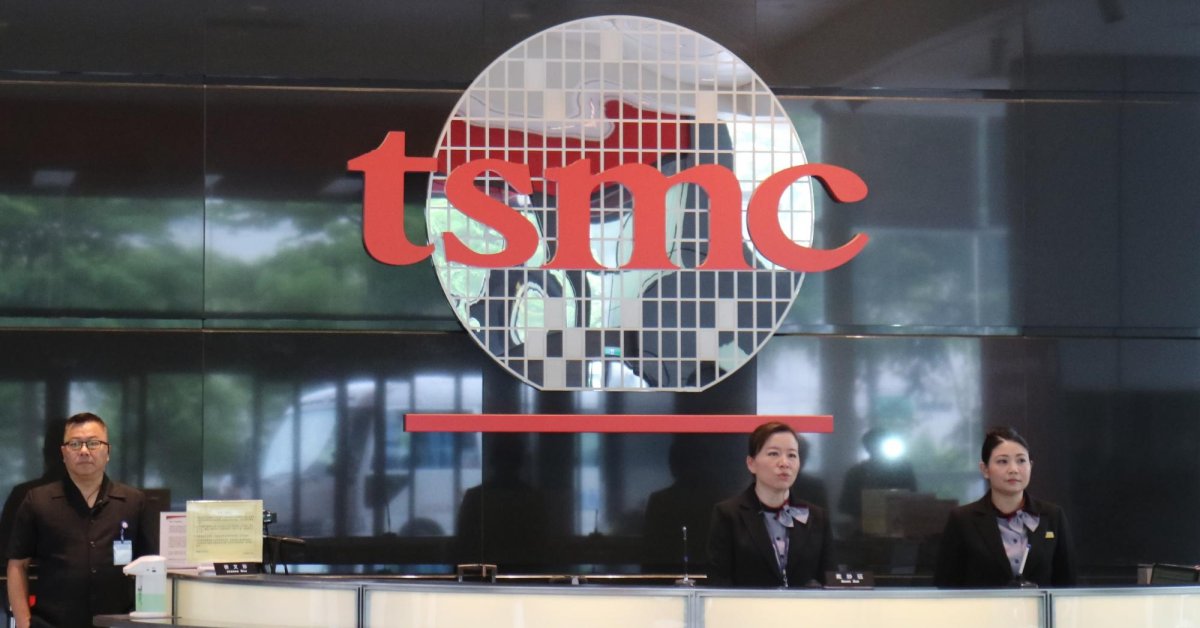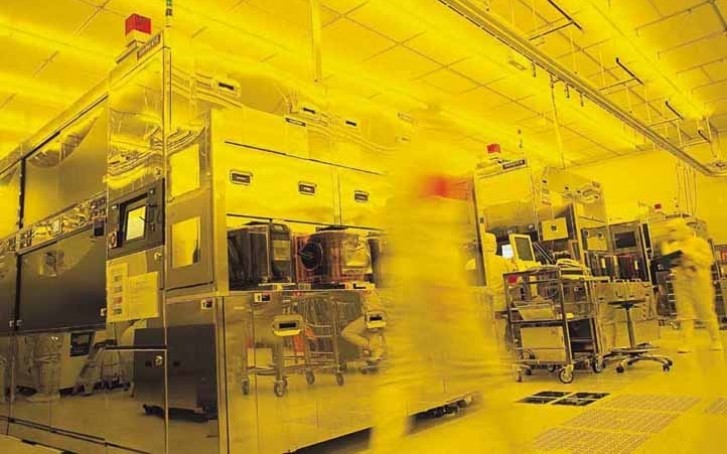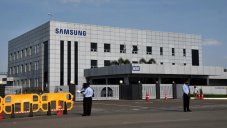TSMC Starts 7nm+ Process Mass Production For Kirin 985, Apple A13 SoCs
Anita - Jun 05, 2019

Taiwan Semiconductor Manufacturing Company (TSMC), the largest contract chipset maker in the world, has introduced officially the commencement of its second-gen 7nm+ process mass production for Apple A13 and Kirin 985 chipsets.
- Best Gaming Phones 2025: Top Devices for Mobile Gaming
- Huawei Band 10 Launches in India with Advanced Health Tracking Features
- After Windows Replacement OS, Huawei Set to Launch "Kirin X90" Chip for PCs to Replace Intel
TSMC has confirmed that it will begin the second-gen 7nm+ process mass production. It is also the first Taiwanese company to implement EUV lithography, which makes a step towards becoming the major competitor of Samsung and Intel.

As per Chinese reports, TSMC plans to continue providing Huawei and its new process is expected to be applied for the Kirin 985 SoC in Huawei Mate 30. Also, it will be also be used for the A13 chipset of Apple, which will be introduced in iPhones 11.
Although the trade war between China and the U.S is escalating at present, TSMC still stated that it plans to continue to cooperate with Huawei in chipset supply. As the company is a Taiwanese company, not mainland Chinese one, it holds independent trade agreements with economic superpowers as well as isn’t affected any ongoing issues.
In a statement, the company has revealed its plans in the future. It is known that currently, the company is beginning its trial production of the 5nm process wafers with the introduction of EUV technology. The mass production is expected to begin in the first quarter of 2020. Therefore, the company’s chipsets can be released in June next year.

The company is also relocating a new factory in the Southern Science and Technology Park in this country, which is set to get new installations for the manufacturing process. Meanwhile, its old plant for R&D will begin preparing for the 3nm processes.
Besides TSMC’s current plans, the company also aims to produce a 6nm process in its works, which is probably an upgrade of the 7nm+ process in shipped devices.
The TMSC’s announcement came after the company said it would still deliver semiconductors to Huawei, even when ARM severed the ties with this Chinese tech giant. Other companies that do not violate the U.S ban on Huawei, will continue delivering products to this company consist of Lenovo Group, and Panasonic.
Featured Stories

Mobile - Oct 23, 2025
How Casual Games Are Winning the Mobile Attention War

Mobile - Jul 03, 2025
OPPO Reno 14 Series Hits India: Launch Date, Cameras, and Specs

Mobile - Jun 12, 2025
Best Gaming Phones 2025: Top Devices for Mobile Gaming

Mobile - Jun 12, 2025
Vivo T4 Ultra Debuts with MediaTek Dimensity 9300+ Chipset

Mobile - Jun 08, 2025
Realme GT 7T Review: Power Meets Endurance in Controversial Style

Mobile - Jun 08, 2025
Motorola Edge 60 Set to Debut in India This June

Mobile - Jun 07, 2025
Realme C73 5G Launches in India: Budget 5G Phone Starts at ₹10,499

Gadgets - Jun 07, 2025
OnePlus 13s Makes Indian Debut: Compact Flagship Brings Premium Features at...

Mobile - Jun 04, 2025
Samsung Galaxy Z Fold 7 Ultra: The Next Chapter of Premium Foldables

Mobile - Jun 02, 2025
Comments
Sort by Newest | Popular